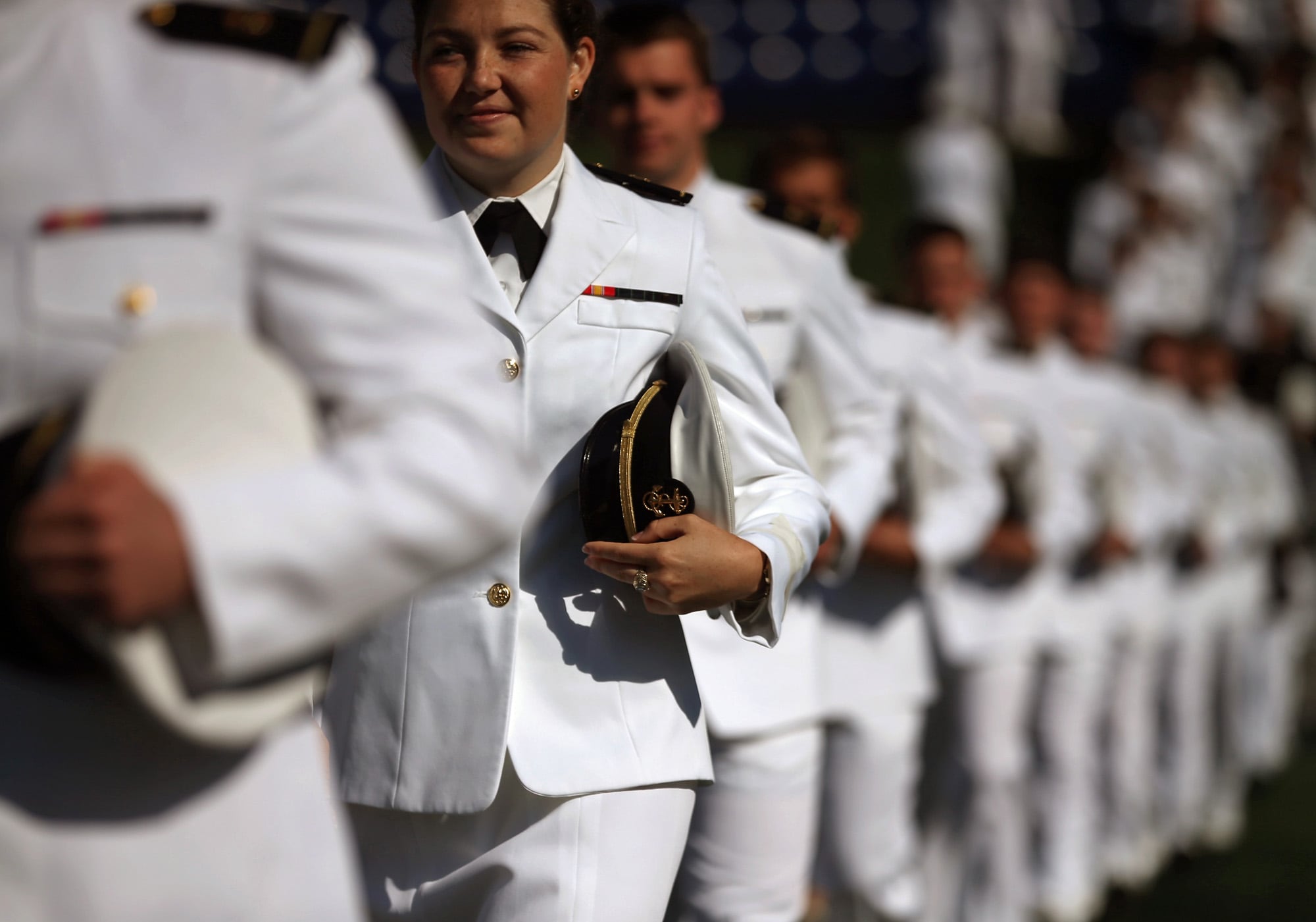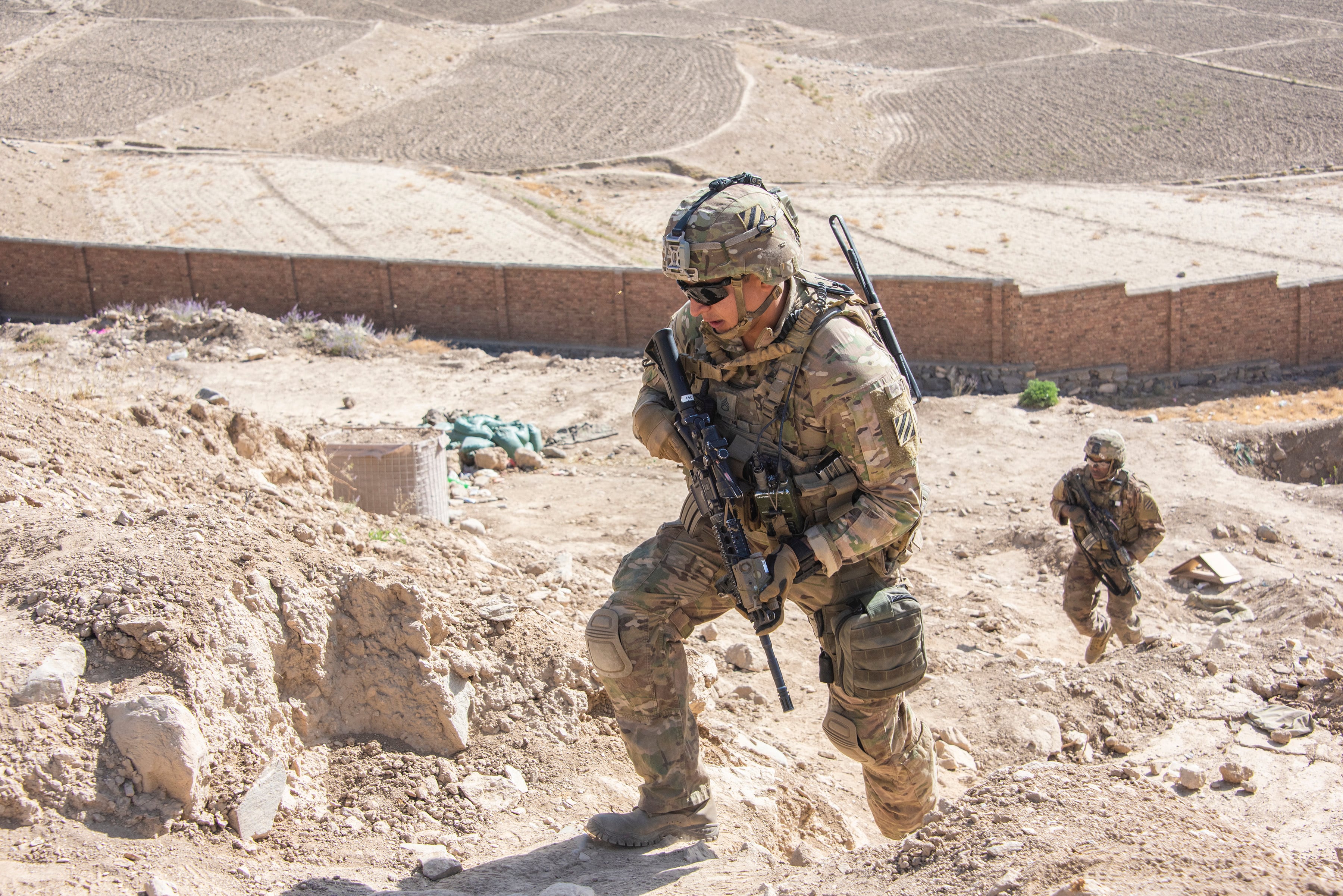Younger veterans are more likely than previous generations of servicemembers to report problems readjusting to civilian life, with about 1 in 6 calling the transition very difficult, according to a new survey released today.
The survey from the Pew Research Center, which includes responses from 1,284 veterans collected in May and June, also found that one-third of veterans reported they had trouble paying their bills in the first few years after leaving the military, and about 40 percent of Iraq and Afghanistan veterans believed their deployment had a negative effect on their mental health.
Researchers say at least part of the difference between the youngest generation of veterans and their pre-9/11 peers is the time they spent in combat zones during their service. More than 75 percent of post-9/11 veterans were deployed at least once, compared to 58 percent of the older generations.
“(Combat veterans) are more likely to say they didn’t get the respect they deserved, struggled with the lack of structure in civilian life, and felt disconnected from family or friends,” the center’s report said.
“At the same time, those who served in combat report positive impacts from the experience. Majorities say their experiences in combat made them feel closer to those who served alongside them, showed them that they were stronger than they thought they were and changed their priorities about what was important in their life.”
Iraq and Afghanistan era veterans have seen historic low unemployment rates in recent years, according to Bureau of Labor Statistics estimates. But their jobless figures have also remained above the rate for all veterans, indicating extra employment difficulties for younger veterans compared to their elder peers.
About 47 percent of the post-9/11 veterans surveyed by the center said that readjustment to civilian life from the military was difficult, compared to 21 percent for older generations. About 35 percent of the post-9/11 veterans said they have sought professional help for “emotional issues,” compared to just 10 percent for the older crowd.
RELATED

More veterans who served before 2001 were proud of their military service than those who served afterwards (70 percent to 58 percent), and older veterans were more optimistic about their future after leaving the ranks than the younger veterans (50 percent to 33 percent).
The older cohort was also more likely to give positive marks to federal veterans assistance programs. Only about 27 percent of pre-9/11 veterans said they government has not given them enough help. Among younger veterans, that number rose to 43 percent.
Regardless of when they served, about one in five veterans said they have struggled with substance abuse in the first few years after leaving the military.
The full study results are available on the Pew Research Center web site.
Leo covers Congress, Veterans Affairs and the White House for Military Times. He has covered Washington, D.C. since 2004, focusing on military personnel and veterans policies. His work has earned numerous honors, including a 2009 Polk award, a 2010 National Headliner Award, the IAVA Leadership in Journalism award and the VFW News Media award.




